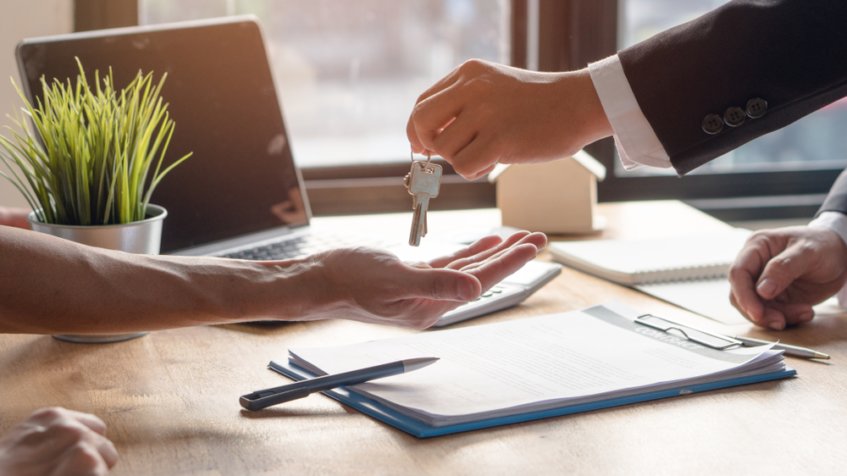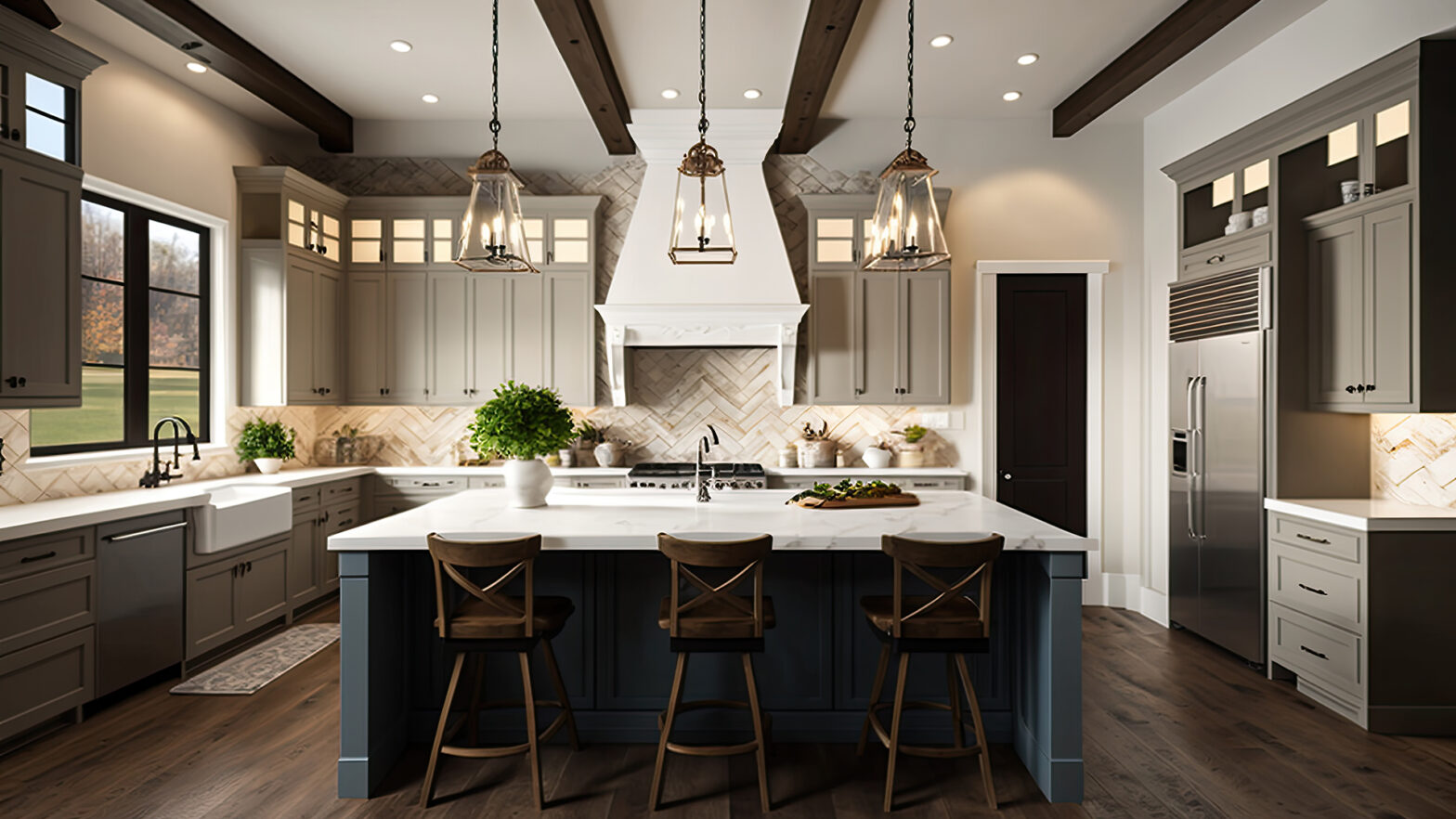Top Tips for Maintaining Harmony Between Landlords and Tenants
– Cooperation and understanding are vital for a landlord-tenant relationship that will benefit both parties.
– Landlords want their property to be treated with care and to receive rent payments on time.
– Tenants want to be treated fairly and want the privacy to be able to relax in their home and sanctuary.
The younger generation has been labelled ‘generation rent’ as mortgages become more and more unaffordable. Tenants across the UK are now forced to spend over half their disposable income on rent. Understandably, tenants expect a good service for the large amounts of money they are paying out.
Poor communication is one of the top sources of frustration from both tenants and landlords, leading to escalated complaints.
Take a look at these tips for both tenant and landlord to make sure that communications remain harmonious and complaints are avoided:
– Bring up potential sources of tension before signing any agreement
Arrange a tenant/landlord meeting before signing along the dotted line.
This meeting can be informal – sitting in the rental property kitchen with a cup of tea – but both landlord and tenant should prepare a list of questions and responses. For example the tenant may ask if pets are allowed in the property, or if smoking allowed and the landlord will also have a list of questions such as asking what the tenant’s income is, how long they want to rent for and if they have a rental guarantor etc.
The cleaning and condition of the property when the tenant’s contract ends and the use of the deposit in the number one cause of dispute between landlord and tenants.
To avoid this, tenants must take dated photos of every room in the property as soon as they arrive, paying particular attention to any damage that is already there.
Landlords should remind their tenant of their obligations in writing before the contract ends, enclosing dated photos of each room on the day the tenants moved in.
Not only can questions be answered at this meeting but both parties can also get a feel for any conflicting personalities / bad attitude – instinct goes a long way in this initial stage, and so if there is any uncertainty now is the time to make a decision to walk away.
First impressions are crucial – a landlord wants a tenant who will be trustworthy, honest, open and easy to deal with. Likewise, a tenant wants a landlord who is approachable and efficient. Both parties need to make sure that they arrive on time to the meeting and are not scruffily dressed.
– Keep communication lines open at all times
Landlords with many rental properties might find it hard to stay on top of communications – but it is absolutely vital in keeping the relationship friendly.
Landlords need to stress that they are available for their tenants, and to communicate any problems or questions. Ideally both parties need to provide several telephone numbers and an email address.
The landlord needs to make sure that you respond to all queries within a reasonable amount of time. If the landlord needs to arrange for a problem to be fixed, the tenants must be given an estimated amount of time for the work to be completed.
Tenants need to communicate any problems with the property as soon as they happen, otherwise the problems could worsen and cause more damage. Many tenants ignore problems as they are worried their landlord will blame them and ask them to move out. In fact, landlords appreciate immediate communication – so landlords need to actively encourage this.
– Don’t be overbearing
Landlords need to make sure that they are always available for any problems the tenants might have – but on the flip side, they need to make sure they are not overbearing and understand that this is the tenants’ home and they need privacy. In fact, landlords have to give 24 hours notice before a visit by law.
Likewise, tenants need to understand that they can’t harass their landlord 24/7. It is understandable to make a call to a landlord in an emergency 24/7, but otherwise respect the landlord’s personal life.
– Meet your deadlines
If a landlord promises to do something by a certain date, they must do their best to keep that promise. Tenants must also make sure that their rent payment is made on time.
This will build up a relationship of trust, which is vital for any business arrangement.
– Plan ahead
Landlords need to be proactive in foreseeing any problems. For example, they need to make a note of when the boiler / washing machine/ dishwasher needs servicing or replacing or the gas safety certificate is running out. This will save money further down the line by keeping everything working well.
Tenants need to make sure that their heating is working before the winter so that they can flag up any problems to the landlord early.
– Make communication part of your routine
If you make communication part of a routine, this will keep it regular and your relationship will be more pleasant.
The landlord has to understand that the tenants home is fundamental to their wellbeing. If the landlord owns the property as a buy-to-let investment, they may see it as just an extra thing they have to deal with alongside their full-time occupation – and this is unfair to tenants.
Landlords shouldn’t see tenant complaints are irritating, but rather by looking at things from the tenant’s point of view, they can make the communication more efficient on both sides. A landlord’s tenants are actually customers and making communication routine will ensure trust and therefore tenant retention.
Customer experience is key for tenant retention and by creating a peaceful, efficient relationship, the tenants are more likely to renew their contract again.
Not only this, but landlords must give tenants clear and concise communication about where they are storing their personal details, who will see this information and ask for any permission needed to make sure that they are GDPR compliant.
Agree to a code of conduct in emergencies
Landlords have a right of reasonable access to carry out repairs, but the landlord must define this to the tenants. In an emergency, the landlord will be entitled to gain access to the property immediately.
It’s a rarity, but both landlord and tenant should discuss this in case and what telephone number the tenants should call (emergency services if needed and landlord). Such incidences include:
– The smell of gas
– Fire
– A criminal break-in
– Structural damage from a storm/flood/ fire
– Know when to walk away
Ultimately, both parties need to listen to their gut instinct. If something doesn’t feel right, or you suspect that references aren’t stacking up – don’t sign on the dotted line and know when to walk away.































